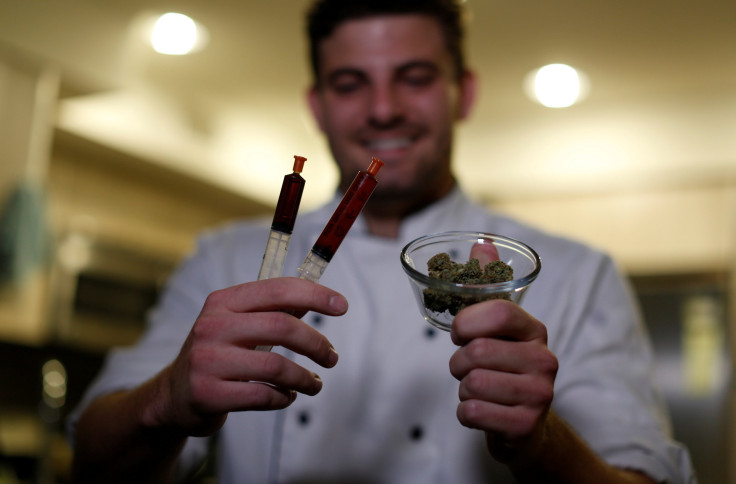Cannabis legalisation: Colorado to use cannabis tax to help the homeless

In a major move to help the homeless, the Colorado city of Aurora has recently announced plans to distribute US$1.5 million (AU$2.1 million) of cannabis tax, generated on recreational cannabis to groups that help the homeless. A not-for-profit organisation, Colfax Community Network, which supports local families living in motels, will be receiving US$200,000 (AU$277,104) under the new scheme.
Similarly Aurora Mental Health and Comitis Crisis Center, which run homeless outreach vans, will receive designated funding from council members. Each van would cost US$30,000 (AU$42,565) to US$44,000 (AU$60,962). The Colorado city of Aurora expects to make about US$5.4 million (AU$7.5 million) of revenue in 2016 from cannabis tax and sale of recreational cannabis.
“We wanted to be able to show citizens that we are having a positive impact on the community and point to specific projects or initiatives to where that money is going to,” city councilman Bob Roth told The Huffington Post.
Therapeutic use of cannabis is legal in Canada, Netherlands, Israel and many US states. In Australia, support for legalising cannabis has grown in recent years. According to a 2015 Roy Morgan poll, 91 percent of Australians are in favour of legalising cannabis. Although recreational use still remains illegal in Australia, laws were passed in February for legalising medicinal cannabis for terminally ill patients. Talks are on to extend the benefit of medical cannabis to non-terminal patients too.
Two Australian states have set up cannabis farms, and Victoria, New South Wales and Queensland are changing their laws to include medicinal cannabis. Trialling the drug on ill patients has already started. A major factor that is slowing down cannabis legalisation in Australia is lack of trial data. Moreover, the medical professionals’ experience with the banned drug is also limited.
Many caregivers believe that when cannabis in Australia gets legalised, it will be too late for their sick family members. Government trials are also being limited to only certain types of cannabinoids.





















